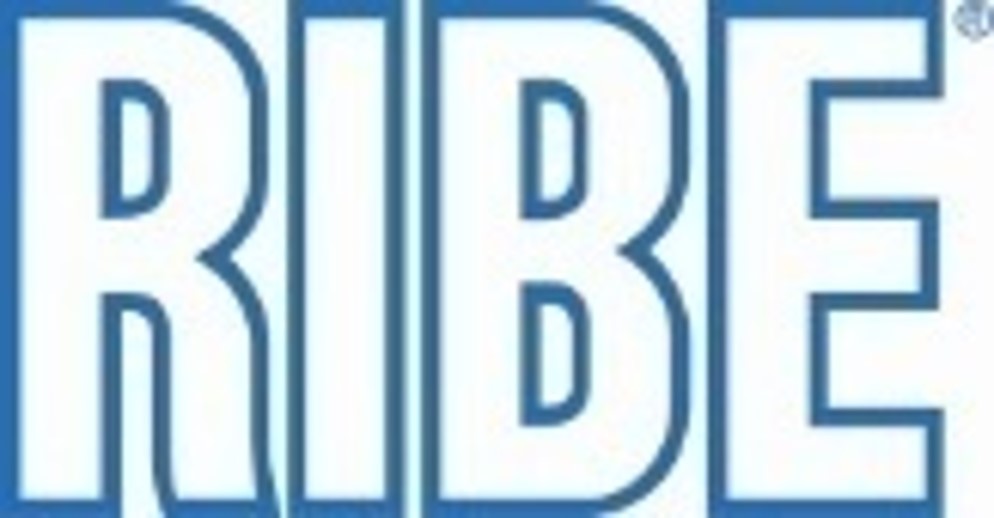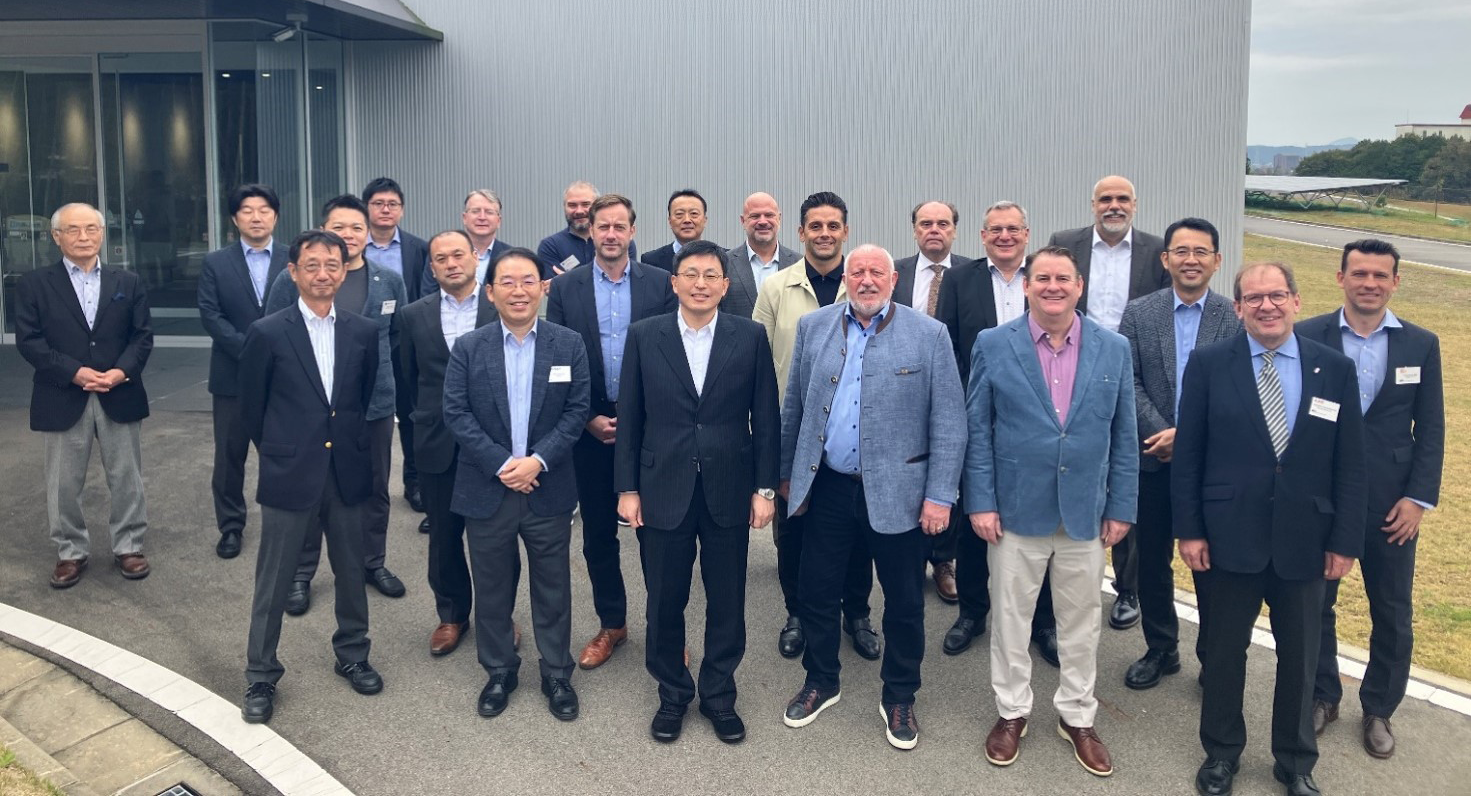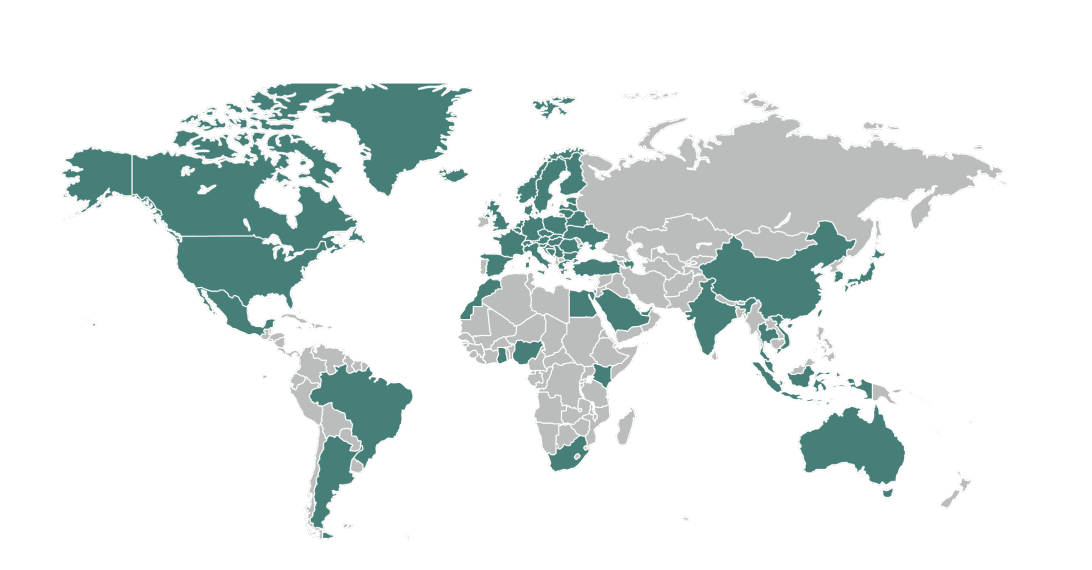Antitrust Guidelines for Global Fastener
Alliance ("GFA") activities
Any agreement, program or conversation that might be construed as amounting to an agreement among the GFA
members which has the intent or effect of any of the following, must be avoided:
- Fixing, stabilizing, depressing or increasing prices. Price fixing
encompasses more than merely setting a specific price; it includes establishment of price formulas, price
ranges, price ceilings, price floors, etc. Prices include pricing systems, pricing components such as
delivery charges or packing charges, charges for "extras," cash or other discounts, agreements not to
offer extras or discounts, price advertising, etc. Exchange of price information, especially future
prices, could result in a finding that it unlawfully interferes with the setting of prices by free market
forces.
- Fixing terms of sale. Such terms particularly include warranties,
guarantees, payment terms and delivery terms.
- Dividing customers or territories, or allocating types of product lines,
between or among competitors.
- Exclusion or withdrawal of an actual or potential competitor or competitors
from present or future competition.
- Limiting production capacity or restricting output, or refusal to produce
certain products or product lines, or refusal to produce such products or product lines except at an
increased price.
- Boycotts, including determination of the customers or suppliers with which
members will deal or the price or discount classification, or terms, to which particular customers are
entitled.
- Unreasonably limiting membership in the alliance if membership is
competitively significant in the industry involved.
- Any other unreasonable limitation on competition between or among members,
such as mandatory product standards which have the designed effect of keeping out competition or making it
impossible for small competitors to compete, or any other unreasonable restriction on the trade of
customers or suppliers of members.
These guidelines deal only with the more common "per se" offenses of which trade associations are often
accused. They do not cover other offenses not usually charged against associations, such as tying,
monopolization, price discrimination, anti-competitive mergers and the like. When any particular practice or
program is thought to raise antitrust questions, counsel should be consulted.











